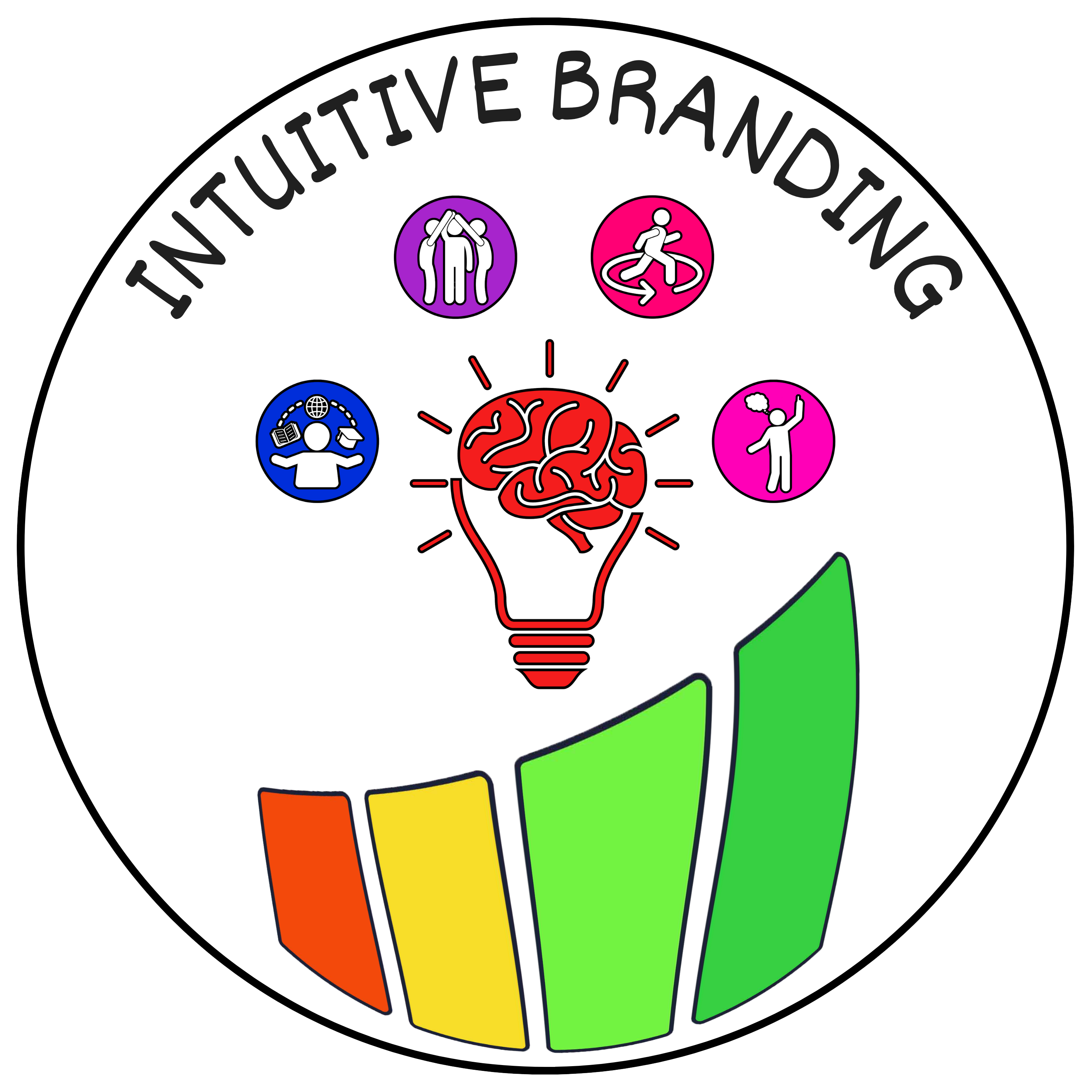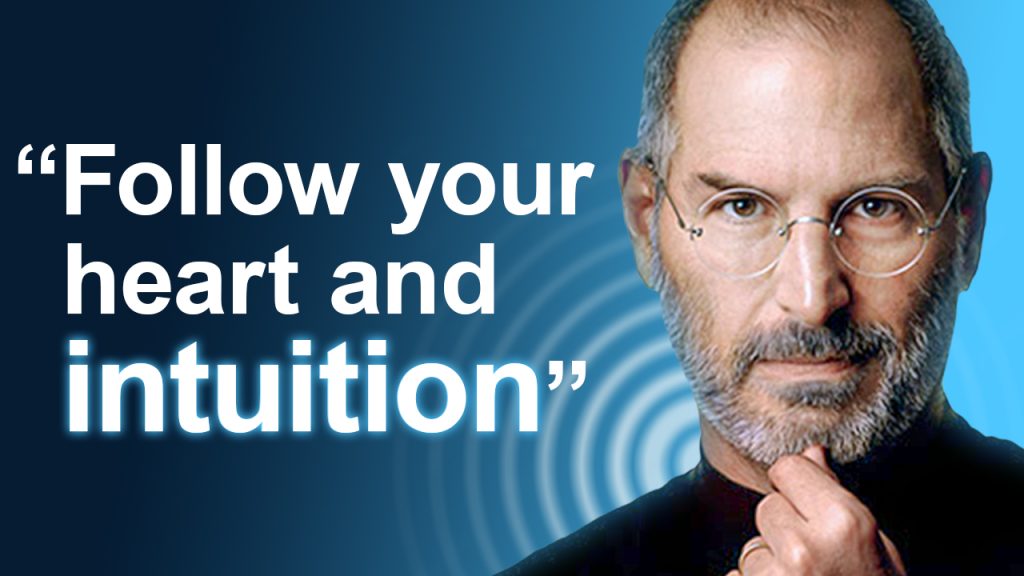Steve Jobs, the visionary co-founder of Apple, had an unmatched ability to innovate and revolutionize industries. But what many may not realize is how much Jobs relied on his intuition to guide his most important decisions. Whether it was product development or career moves, Jobs often spoke about trusting his four types of intuition, which helped him and Apple achieve unparalleled success.
Follow Your Heart and Intuition
In his famous 2005 Stanford University commencement speech, Jobs delivered a powerful message that resonates with both entrepreneurs and business leaders alike. He emphasized the importance of having the courage to trust your heart and intuition, as they somehow already know what you truly want to become.
“Most important, have the courage to follow your heart and intuition. They somehow already know what you truly want to become. Everything else is secondary.”
Jobs believed that by trusting in your intuitive signals, you would be able to unlock the true potential of your business and your life. He reiterated that you couldn’t always connect the dots looking forward—only looking backward—but by believing in those connections, you would find the confidence to follow your heart.
Watch the Video Below to Learn More About Intuition From Steve Jobs
Connecting the Dots
Jobs often reflected on how his Experiential Intuition guided him, not only in his early days at Apple but throughout his entire career. While many people were focused on immediate outcomes, Jobs trusted that the decisions he made, even the unconventional ones, would eventually pay off. He famously said:
“You can’t connect the dots looking forward. You can only connect them looking backward.”
By trusting his Creative Intuition, Jobs was able to develop groundbreaking products that not only changed the tech industry but also defined entire categories of consumer electronics, from the iPhone to the iPad and beyond.
Ignoring External Noise
In addition to following his intuition, Jobs advised against being swayed by external opinions. He called on everyone to silence the noise around them and listen to their own inner voice. His Relational Intuition allowed him to choose people he trusted to work with, creating an environment that nurtured innovation.
“Don’t let the noise of others’ opinions drown out your own inner voice.”
Jobs‘ unique ability to focus on what truly mattered—his vision and intuition—helped him steer Apple through difficult periods and led to some of the company’s most important milestones.
Tim Cook’s Intuition and Apple’s Future
Much like Jobs, Tim Cook, Apple’s current CEO, also relied on his intuition when faced with the pivotal decision of joining Apple after being approached by Steve Jobs. At the time, Cook was thriving in a stable role at a top PC company, and moving to Apple seemed risky. However, Cook’s Situational Intuition told him that joining Apple would align with his goals, and it has since led to continued success for both him and the company.
Read more about Tim Cook’s intuition and decision to join Apple.
Watch the Video Below to Learn More About Tim Cook’s Journey
Conclusion
Whether you are running a tech startup or making important decisions in your personal life, Steve Jobs’ story teaches us that trusting your four types of intuition—Experiential, Relational, Creative, and Situational—can lead to groundbreaking results. By listening to your heart and having the courage to follow your intuition, you can take the steps that will not only shape your future but potentially change the world.

